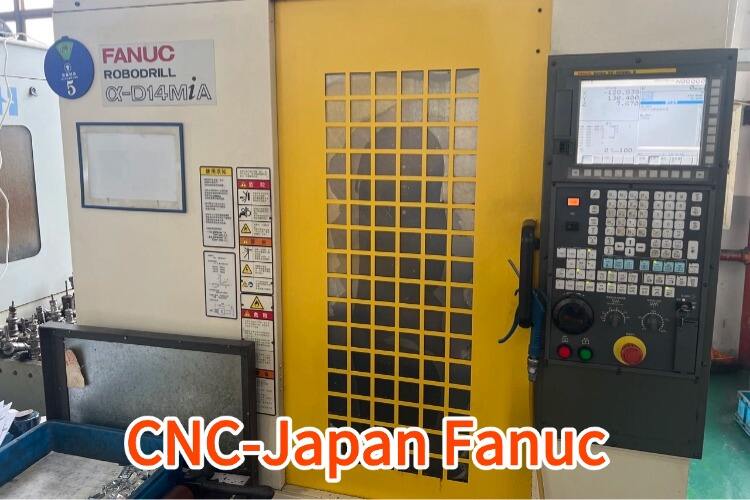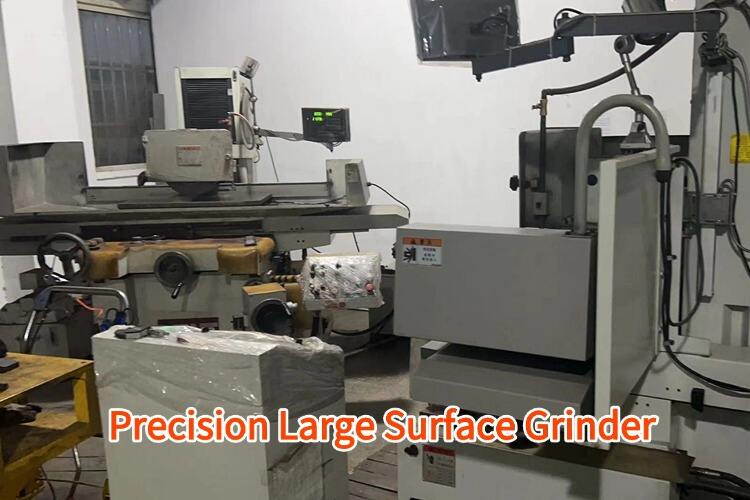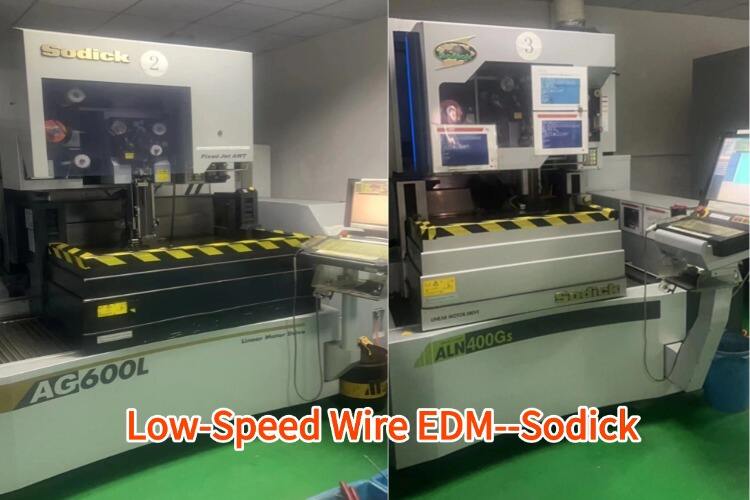what is cnc and how it works
CNC, which stands for Computer Numerical Control, represents a revolutionary advancement in manufacturing technology that has transformed industrial production processes. This sophisticated system automates the control of machine tools through computer programming, enabling precise and consistent manufacturing of complex parts. At its core, CNC technology operates by converting digital designs into numerical instructions that guide various tools through their designated paths, controlling multiple variables such as feed rate, positioning, and speed. The system consists of three main components: the software that creates the program, the machine controller that interprets the program, and the machine tool that performs the actual work. Modern CNC machines can operate in multiple axes, allowing for intricate three-dimensional cutting paths and complex geometries. These machines excel in performing repetitive tasks with exceptional accuracy, maintaining tolerances as precise as 0.001 inches. CNC technology finds extensive applications across numerous industries, including aerospace, automotive manufacturing, medical device production, and custom fabrication. The machines can handle various materials, from metals and plastics to wood and composites, making them incredibly versatile tools for modern manufacturing.


